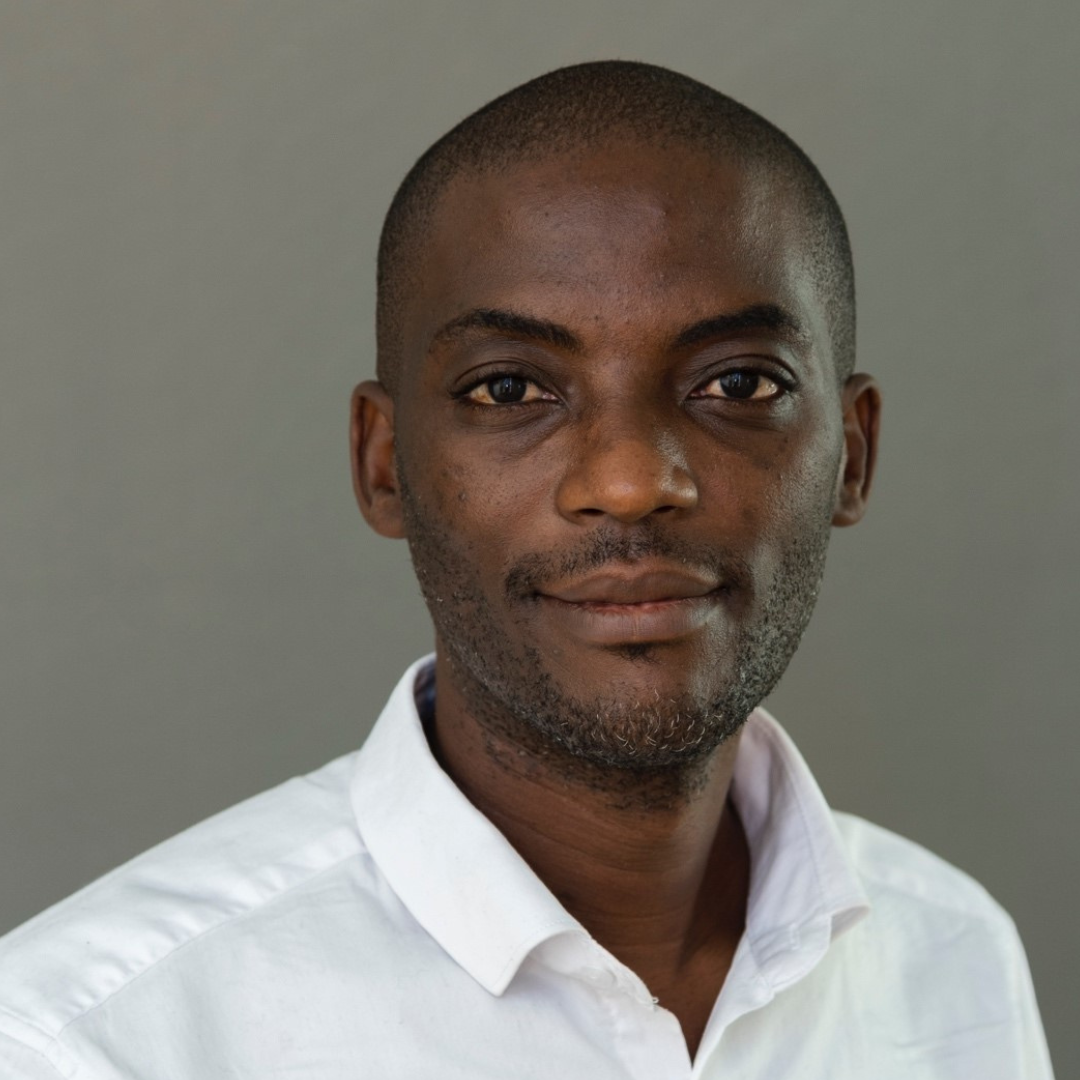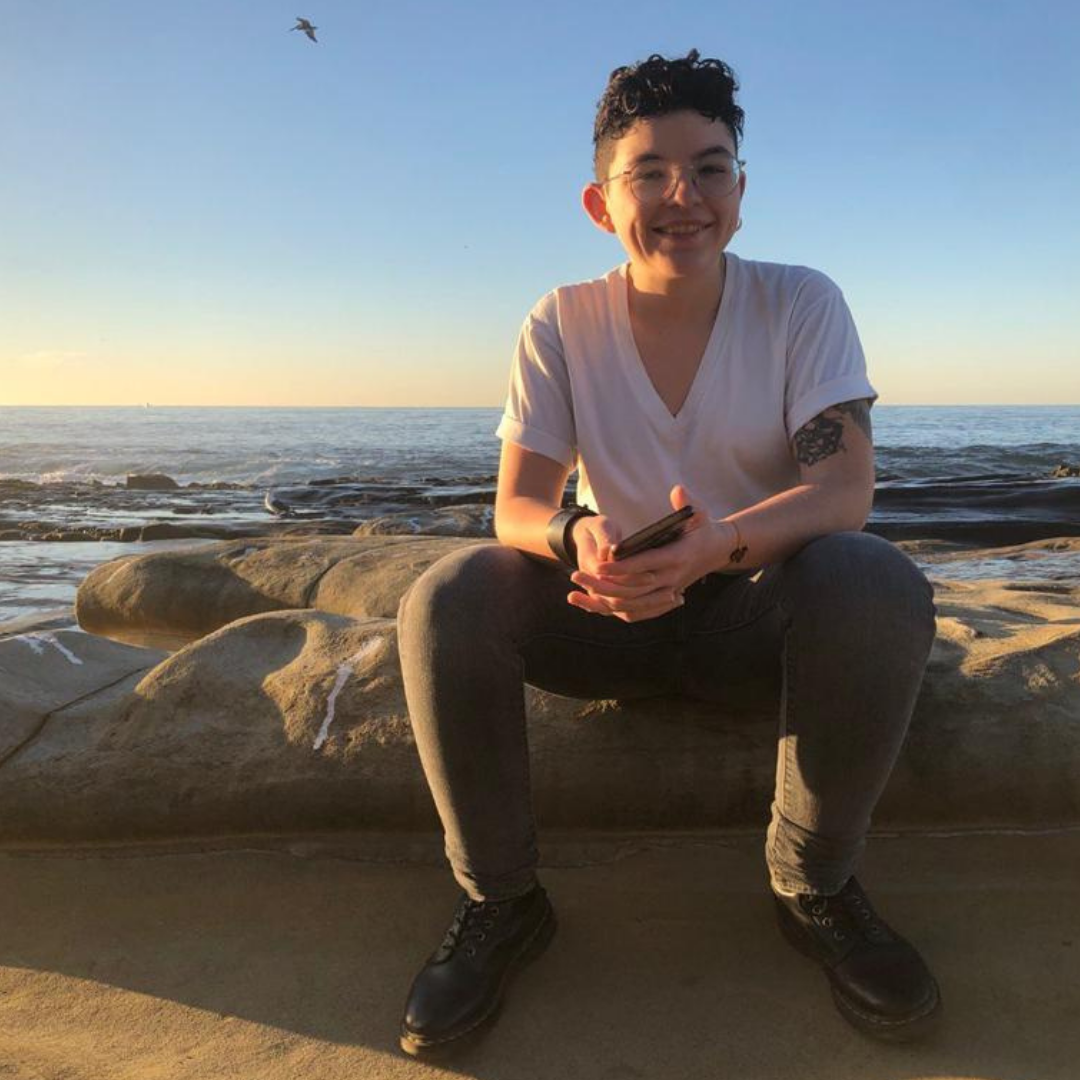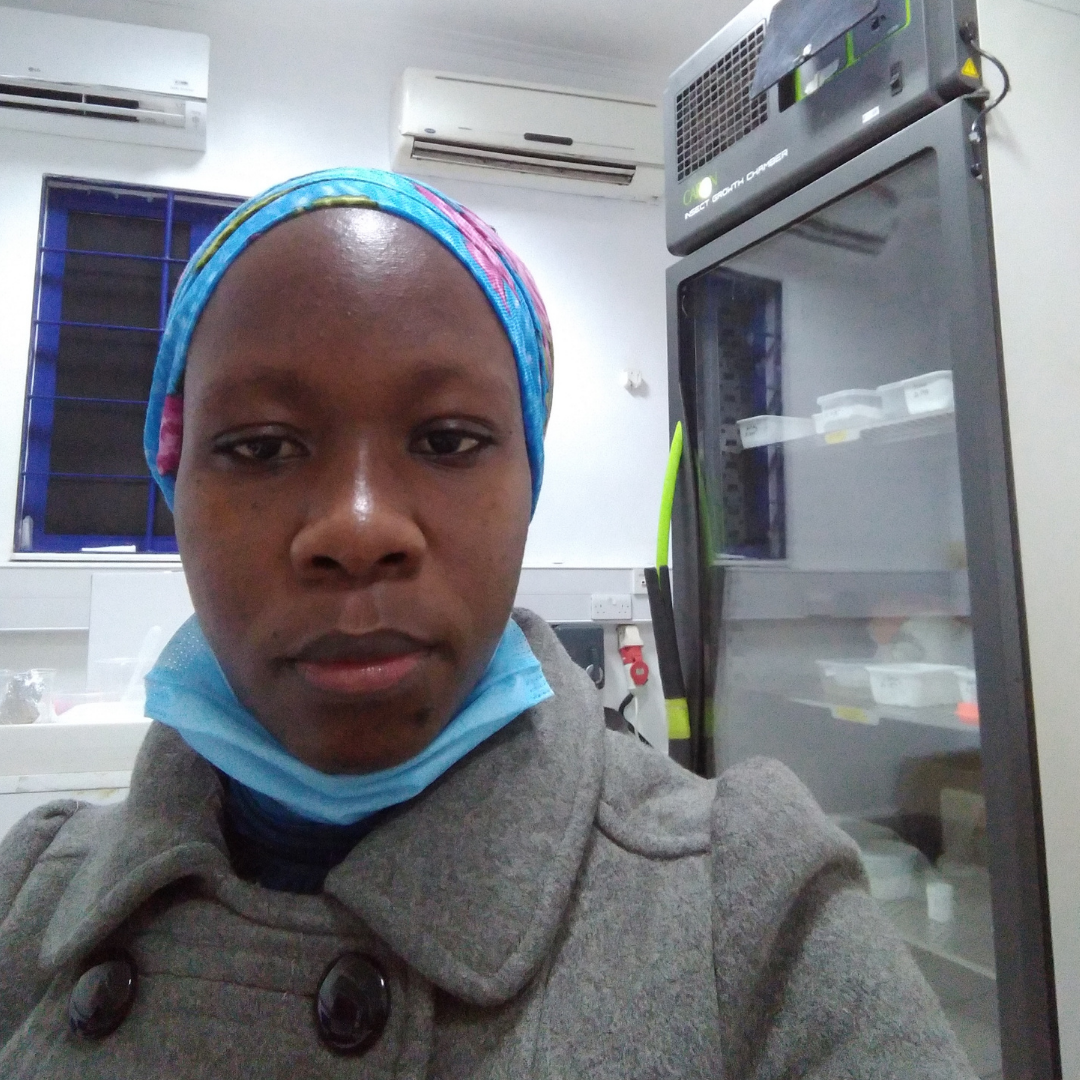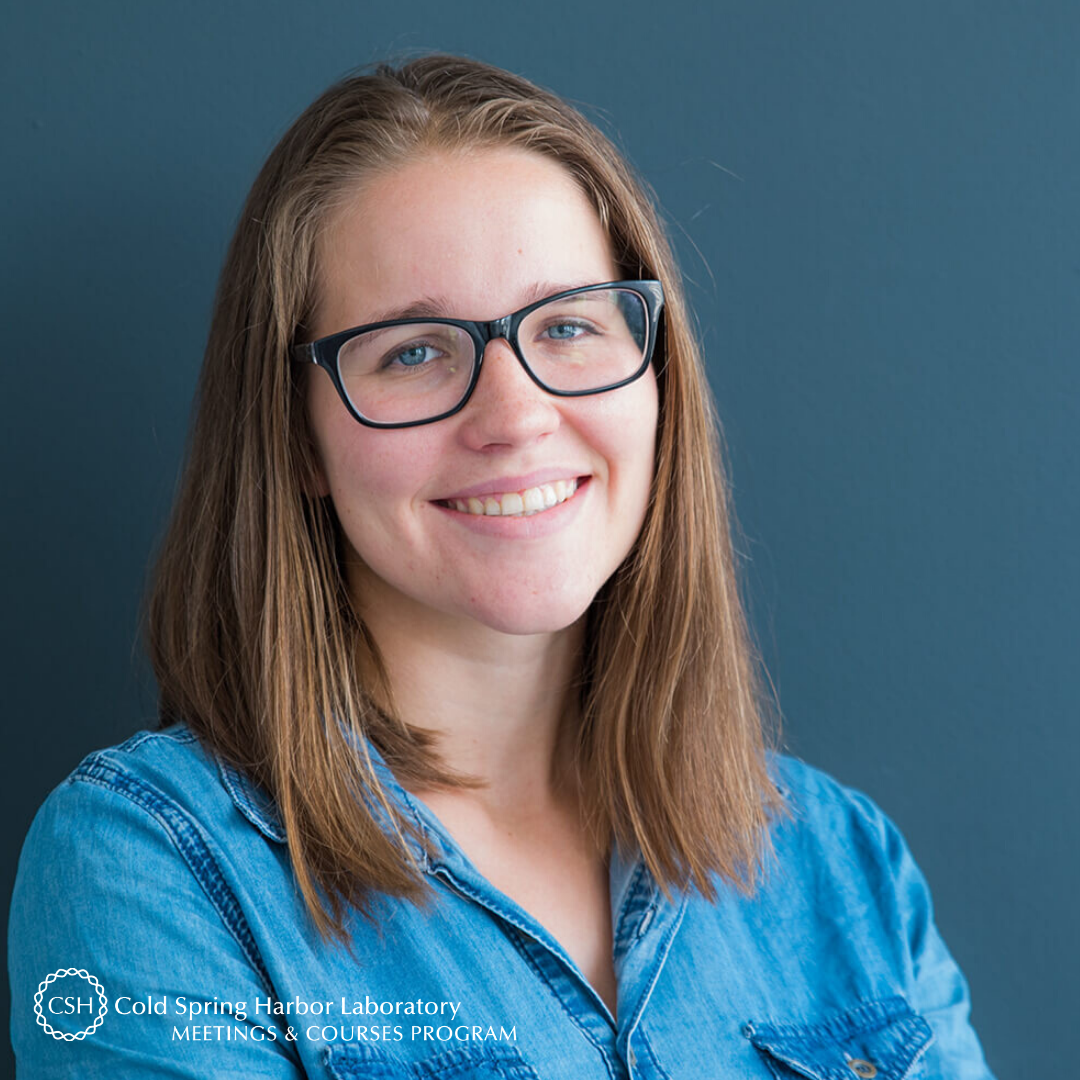Meet David Alejandro Garcia Grisales who is affiliated at both the National Cancer Institute and University of Maryland, College Park. The graduate student-predoctoral fellow has a joint appointment in Arpita Upadhyaya and Gordon L. Hager’s labs. David returns for his third meeting at CSHL – Cell Dynamics and Models – where he presented a talk titled “Transcription factor dynamics and their interactions with chromatin”. This isn’t his first talk but he has “always felt that discussing your research is one of the best generators of ideas for future directions.”
Tell us about your research.
I observe and analyze the motion of proteins inside the nucleus as they bind and unbind chromatin to regulate gene expression.
How did you decide to focus on this area/project?
When I joined my PhD, I was interested in transcriptional dynamics and this area provided a new and fresh look at transcriptional regulation. Moreover, these were the perfect questions to use physics together with biology to solve long standing question in chromatin biology.
What and/or who is the inspiration behind your scientific journey?
My inspiration is to make science more equitable, in particular promoting the success of underrepresented minorities in academia. Everyone should have the pleasure of enjoying science independent of their social and economic background.
What impact do you hope to make through your work?
I hope to revolutionize the field of chromatin biology by proposing more accurate models of transcriptional regulation and bridging the gap between transcription factor kinetics and gene regulation.
What do you love most about being a researcher?
The freedom to explore the craziest ideas.
What drew you to attend this meeting?
This meeting lies at the heart of my research interests: I have always been interested in building physical and mathematical models to understand biological systems.
What is your key takeaway from the Meeting; and how do you plan to apply it to your work?
Most of the time, the simplest models provide the most relevant insights. I will exhaustively explore the predictive power and insight that simple models provide before moving to more complex models.
What feedback or advice would you share with someone considering to participate in this meeting?
Participate in the discussions as much as possible, and you should not feel intimidated about reaching out to other scientists with questions. I joined the informal discussions scheduled after the oral sessions and have learned the most during chats.
What’s the most memorable thing that happened during the Meeting?
I had a long discussion on Slack regarding my talk with a couple of meeting participants. They each shared with me an exciting and unique perspective based from their individual research niche which then gave me some exciting ideas for future experiments and directions.
Thank you to David for being this week's featured visitor. To meet other featured researchers - and discover the wide range of science that takes part in a CSHL meeting or course - go here.
Images provided by David Alejandro Garcia Grisales.


















